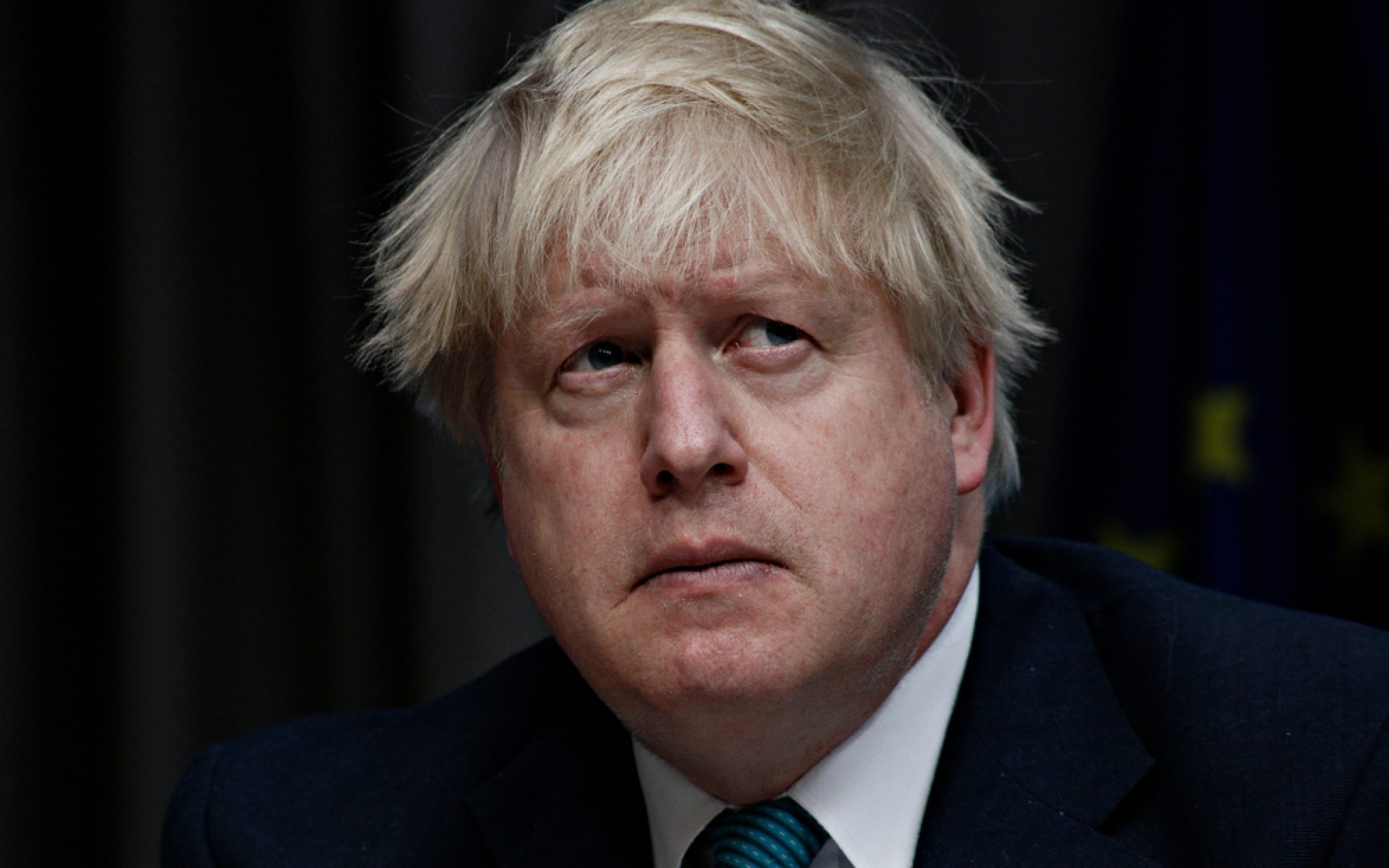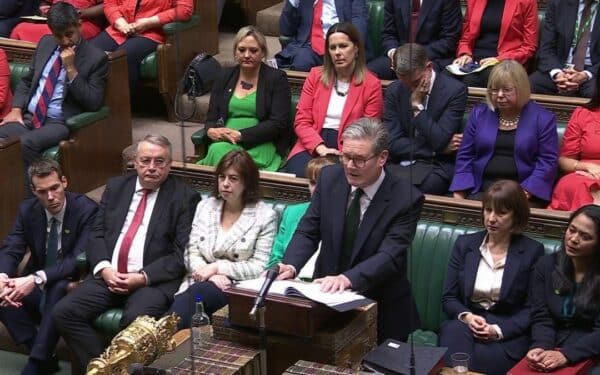If you thought ministerial standards under Boris Johnson’s watch could not sink any lower, think again.
Today, Downing Street published a watered-down version of the Ministerial Code, effectively allowing ministers to avoid resigning if they fall foul of the decrees in the bible of parliamentary procedure.
In the updated foreword, the Prime Minister said it is “disproportionate to expect that any breach [from ministers], however minor, should lead automatically to resignation or dismissal”.
Ministers should accept a “public apology, remedial action, or removal of ministerial salary for a period”, although those “who knowingly mislead Parliament will be expected to offer their resignation”.
The PM has also removed an instruction from his Cabinet to “uphold the very highest standards of propriety” – a line he added when he won the Conservative leadership contest in 2019.
And he has blocked the ability of his ethics chief Lord Geidt – who previously concluded that Johnson acted “unwisely” on the funding of his flat refurbishment – to open his own probes into codified breaches, despite calls from the Standards Committee for this to be added.
Independent advisers are able to give advice on the initiation of an investigation”, but the PM must “give his consent” and has the power to veto inquiries into the frontbench.
Number 10 claims the changes are to “avoid incentives for trivial or vexatious complaints, which may be made for partisan reasons”.
However, Wendy Chamberlain – the Liberal Democrat Chief Whip – said it was an “appalling attempt by Boris Johnson to rig the rules to get himself off the hook” and that the government has “learnt nothing from the Owen Paterson scandal”.
Johnson is to be investigated by the Privileges Committee for contempt of Parliament over claims he made in the House of Commons into partygate – namely, that he knew nothing about any rule-breaking. But the edits to the Code make it a lot easier for Johnson to survive if he’s found to have misled the House.
As Chamberlain says: “It effectively makes Johnson the “judge and jury of his own case.”




